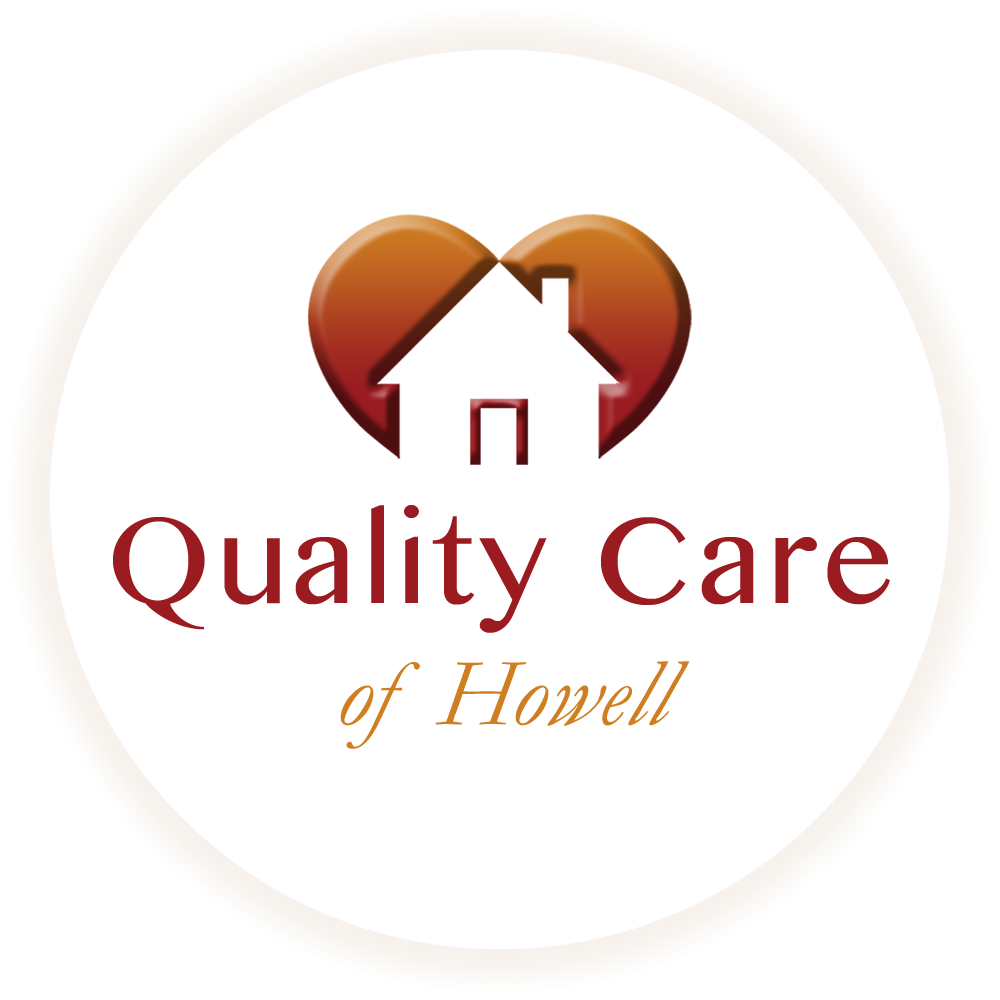Photo by Pexels
The Power of Connection: Welcoming Holiday Visits for Our Residents
As we enter the holiday season, it’s a special time to come together, celebrate, and reflect. At Quality Care of Howell, we know the holidays are especially significant for our residents, and family visits play an essential role in enriching their experience here. During this season, a visit from loved ones offers much more than a moment of cheer – it reinforces the social bonds, familiar warmth, and sense of community that are vital to our residents’ emotional well-being. In this newsletter, we’re focusing on the importance of holiday visits and how families can make the most of them.
Why Are Holiday Visits So Important?
The holiday season is a time of celebration, traditions, and loved ones. For our residents, this season can bring many cherished memories and even some bittersweet emotions. Having family and friends visit over the holidays can bring joy, reduce feelings of isolation, and provide a sense of continuity and normalcy.
Emotional Well-being
Social connection plays a critical role in mental health, especially among seniors. Visits from family and friends uplift our residents and bring back joyful memories. A simple hug, shared laughter, or time spent reminiscing can create a profound sense of belonging and happiness, reducing loneliness and improving mental health during this special season.
Strengthening Family Bonds
Spending time with family and friends is particularly meaningful for those in assisted living, as it reinforces the family bonds that remain so dear. The holiday season offers an opportunity for family members to reconnect with one another and show appreciation for their loved one. Every visit strengthens relationships and offers moments of togetherness that enrich our residents' lives.
Stimulation of Memory and Cognitive Health
Engaging in conversations and activities during a visit can have positive cognitive effects. Discussing past holidays, sharing family stories, and going through old photographs are wonderful ways to stimulate memory and cognitive function. The of familiarity and comfort brought by family interactions can help with memory retention and overall mental agility.
Reinforcing a Sense of Belonging and Purpose
The holiday season emphasizes belonging, and having a community of support is essential for everyone. When residents see their family visiting, it reinforces their sense of purpose. They feel needed, valued, and loved – knowing that their presence makes a difference to others as well.
How Can You Make the Most of Your Visit?
While any visit can brighten a resident’s day, here are some tips to make holiday visits even more memorable and meaningful.
Bring Along Holiday Traditions
Do you have a holiday tradition that your loved one always enjoyed? Bring a part of that tradition to them. Whether it’s decorating a small tree, baking cookies, or sharing holiday music, familiar rituals can warm their heart and create a sense of continuity.
Capture New Memories
Take photos or videos with your loved one during the visit. These moments can be cherished and shared again, creating lasting memories for both the resident and their visitors. Consider making a holiday scrapbook together, with each family member adding something special.
Get Involved in Community Activities
Quality Care of Howell offers a variety of holiday activities and events. Joining your loved one in these activities can help them feel engaged and add to the shared experience. Check with us for events happening during your visit, from holiday dinners to festive crafts and games.
Engage in Simple and Enjoyable Activities
Whether it’s watching a holiday movie, singing carols, or sharing a holiday meal, find activities that your loved one enjoys. It doesn’t have to be elaborate – sometimes, the simplest moments are the most treasured.
Share Cards, Letters, and Messages from Other Family Members
If other family members aren’t able to visit, bring their letters or cards to read together. This gesture reminds our residents that even family far away are thinking of them and keeping them close in spirit.
Supporting Each Resident This Holiday Season
At Quality Care of Howell, we’re committed to fostering a welcoming, supportive, and festive atmosphere throughout the holiday season. Our staff will be on hand to help coordinate visits, facilitate meaningful holiday activities, and ensure each resident feels connected to their loved ones and community. Our staff is ready to assist with safe and comfortable visiting arrangements to make every moment count.
This holiday season let’s work together to make each visit meaningful. A little bit of time, laughter, and love can go a long way in enhancing the lives of our residents. We encourage families to visit and share the joy and warmth of the holidays with those they hold dear.
Thank you for helping us create a holiday season filled with love, togetherness, and joyful memories at Quality Care of Howell. Here’s to making this season one of warmth, connection, and cherished moments for all our residents.
Wishing you and your family a joyous holiday season,
Quality Care of Howell Assisted Living





